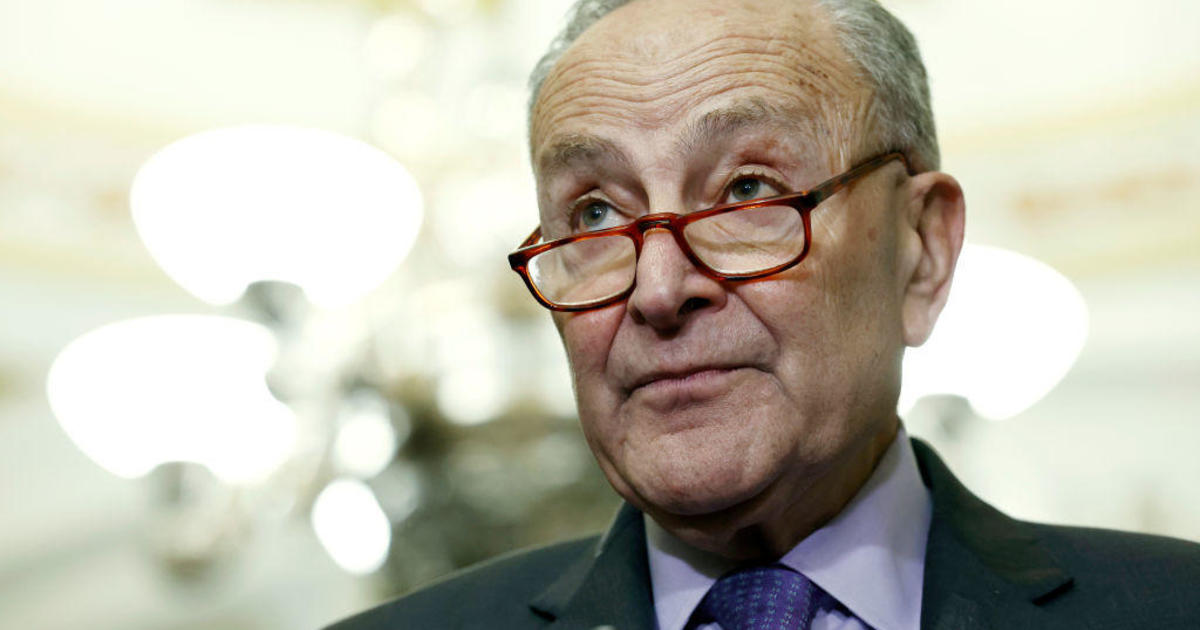Senate Majority Leader Chuck Schumer announced on Sunday his plans to bring up a vote this week on restoring a ban on bump stocks, devices that greatly increase the rate of fire of semi-automatic weapons. This decision comes after the Supreme Court invalidated a federal rule that outlawed the device just days ago.
During a news conference, Schumer criticized the Supreme Court, calling it a “MAGA court” and accusing them of leaning too far to the right. He expressed his intention to bring up a vote on restoring the bump stock ban under unanimous consent, a move that could be blocked by opposition from just one lawmaker.
Describing the ban as “common sense,” Schumer urged Senate Republicans to join him in reinstating the “public safety rule” to protect the American people. President Biden also weighed in on the issue, calling on Congress to pass legislation to ban bump stocks after the Supreme Court’s ruling. He promised to sign such a bill into law if it reaches his desk.
In response to the Supreme Court’s decision, President Biden expressed disappointment, stating that the ruling strikes down an important gun safety regulation. He emphasized that Americans should not have to live in fear of mass devastation caused by these devices. The 6-3 ruling by the high court found that the Bureau of Alcohol, Tobacco, Firearms, and Explosives exceeded its authority when it issued the ban in 2018, following the tragic mass shooting at a music festival in Las Vegas in 2017.
Schumer acknowledged the need for legislation to permanently close the bump stock loophole, emphasizing that Senate Democrats are prepared to pass such legislation but will require support from Senate Republicans. The decision by the Supreme Court, which followed ideological lines, has sparked renewed calls for legislative action to address the issue.
In light of these developments, it is evident that there is a renewed sense of urgency to address the regulation of bump stocks and similar devices. The debate surrounding gun control and public safety measures continues to be a contentious issue in American politics, with advocates on both sides pushing for their respective positions.
As the discussion unfolds in Congress, it remains to be seen how lawmakers will navigate this complex and emotionally charged issue. The role of the Supreme Court in shaping gun control policies and the balance between public safety and individual rights will undoubtedly be central to the ongoing debate. The outcome of these legislative efforts will have far-reaching implications for gun owners, advocates of stricter gun laws, and the broader American public.









